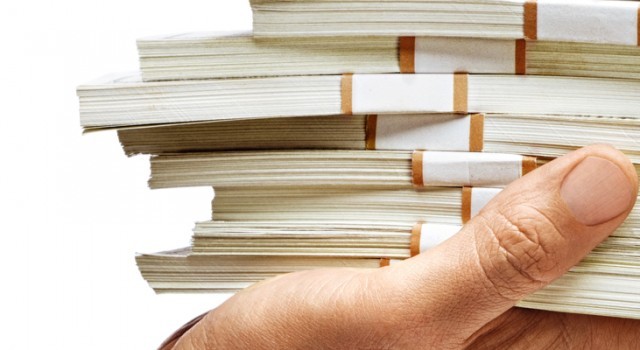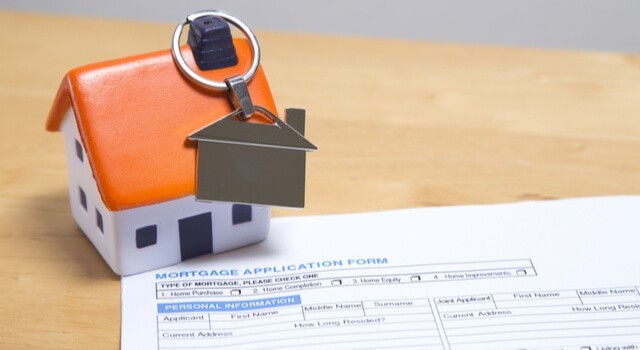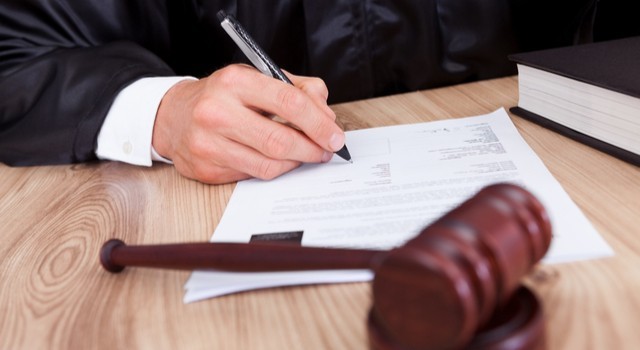*Please note we can't assist with marriage counselling or legal advice relating to divorce. We can help if you are based in Scotland and struggling with personal debts due to divorce or financial recklessness from your partner.
Just as marital assets are divided during divorce proceedings, responsibility for debt incurred during the marriage will also need to be split. Various factors affect who is responsible for marital debts, however, including whether the borrowing is in sole or joint names, and if it was taken out before, during or after the marriage.
The ideal solution to the problem of marital debt is to pay it off prior to divorce, but this can be difficult when couples are already struggling to stay in financial control.
What is joint and several liability in divorce?
One of the issues surrounding repayment of debt during divorce is that even if one party is instructed to pay off a debt by court order, if they fail to meet repayment terms the other partner could still be pursued for payment.
Financial court orders in divorce are not readily recognised by lenders who simply want to recoup their monies. If the original credit or loan agreement contained two names, then both parties are seen to be jointly and severally liable.
Joint and several liability means that you become liable for the full amount outstanding, and not just your half. One exception to this is with credit card debt. The only person responsible for repayment in this case is the account holder – additional card holders are not liable for any of the debt incurred.





